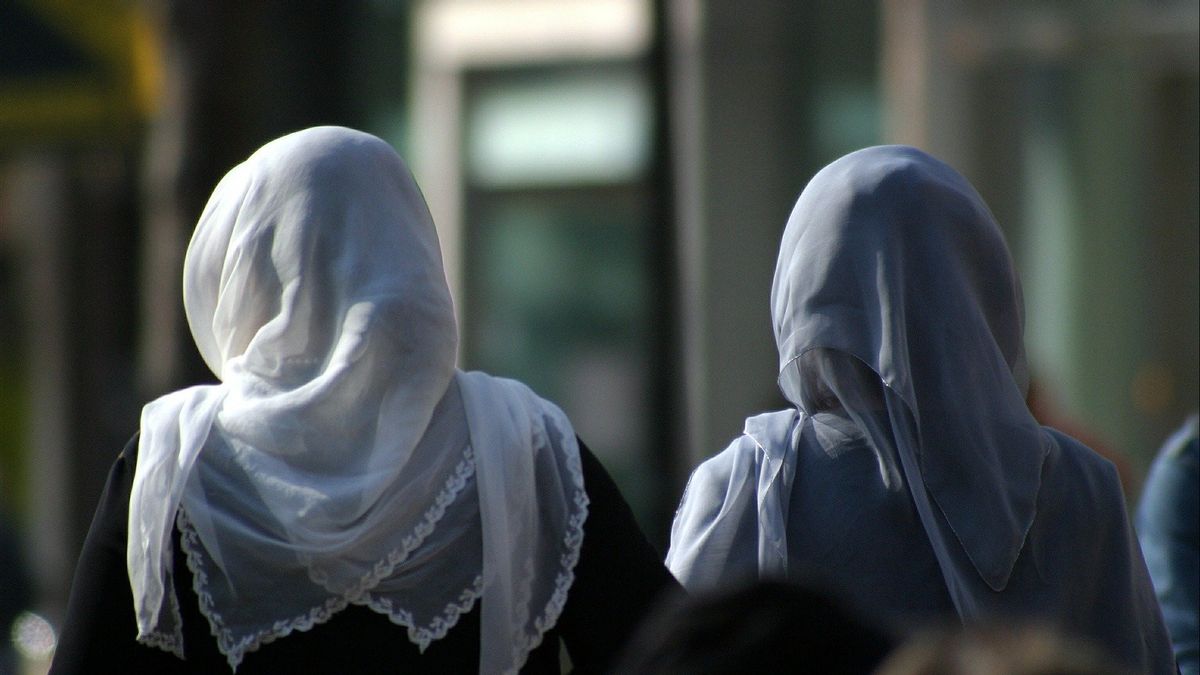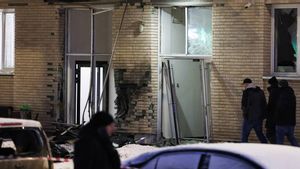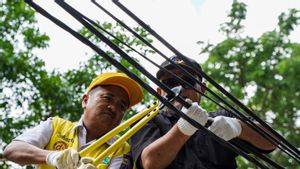JAKARTA - There is information circulating of a non-Muslim student who was summoned by the school in Padang, West Sumatra, because he did not follow the school rules which obliged his students to wear a head scarf.
This caused criticism from many parties. Then, the West Sumatra Education Office then clarified. In the clarification, the Principal of SMK Negeri 2 Padang, Rusmadi, officially submitted his apology.
"As the Principal of SMKN 2 Padang, I would like to apologize for all the mistakes of the staff in the field of student affairs and counseling in applying the rules and dress code for students," said Rusmadi in a press conference on Friday, January 22 evening.
Rusmadi admitted that the implementation of the mandatory use of the hijab was the fault of his school staff. Currently, the student with the initials J is still in school.
"Ananda J, class X OTKP 1 continues to go to school as usual. We hope that we can solve the errors and confusion of information on social media with the spirit of equality in diversity," he said.
For information, Elianu Hia's facebook account uploaded a video containing a non-Muslim student calling for not wearing a hijab at SMK Negeri 2 Padang.
Elianu, who claims to be the student's father, explained that they are non-Muslims, so they feel uncomfortable wearing the hijab. However, the school is adamant about carrying out this obligation because it is the school's policy.
Responding to this, the Chairman of Commission X DPR RI, Syaiful Huda, considered the school rules which obliged all female students to wear the headscarf as excessive.
"We are very concerned about the phenomenon of rampant intolerance in government-owned educational institutions. There are many educators who are inaccurate in teaching religious spirit among students," said Huda in a written statement.
Huda said that the attitude of religious intolerance in this case was not the first time this had happened. Previously, there was also an incident of a teacher in East Jakarta who asked his students to choose a candidate for chairman of the OSIS on the grounds of SARA. A similar incident also happened in Depok, West Java.
These cases, said Huda, show that narrow and rigid religious views have entered educational institutions.
According to him, the Ministry of Education and Culture (Kemendikbud) must prepare anticipatory policies, both through curriculum and human resource development. Thus, educational institutions in the country are not easily exposed to intolerant religious perspectives.
"In an effort to recruit lecturers or teachers, for example, there must be a strict screening of their track records. Even so, in teaching and learning activities and extra-curricular activities, there should be no material that contains intolerant values," he said.
The English, Chinese, Japanese, Arabic, and French versions are automatically generated by the AI. So there may still be inaccuracies in translating, please always see Indonesian as our main language. (system supported by DigitalSiber.id)













